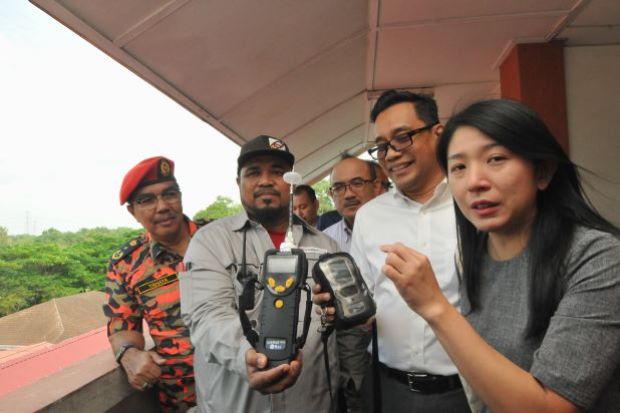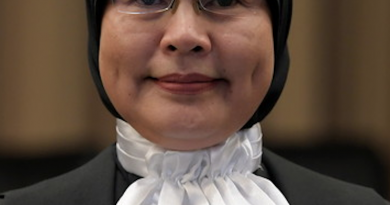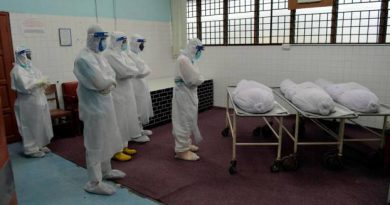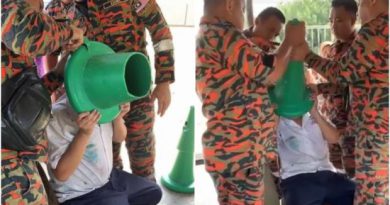Still clueless in Pasir Gudang
JOHOR BARU: The authorities are still clueless over the latest chemical pollution in Pasir Gudang as they scrambled to trace and pinpoint the possible source.
Energy, Science, Technology, Environment and Climate Change Minister Yeo Bee Yin said the affected schools were far apart with no geographic correlation.
She said the present situation was different from Sungai Kim Kim as the authorities then were able to use an air dispersal model to pinpoint the location based on the wind direction.
“This time, it is occurring in different places but only 4% of those with symptoms are sent to the hospital.
“A filtering process was also carried out at schools and many of them recovered and allowed to go back and rest,” she said.
Yeo said the authorities were doing their best to identify the source of the pollution.
“We need to have scientific data before making an announcement,” she said, adding that 86 teams had been deployed with detectors to check for traces of carbon monoxide, hydrogen sulphide or volatile organic compound at 85 schools within a 13km radius.
She pointed out that when the schools were closed for three days, the readings were all negative.
“But when classes resume, the students fell sick once again,” she said, adding that urine and blood samples from some of the victims were taken. Yeo said the results were still pending.
On Sunday, the Malaysian Nature Society suggested that the government seek foreign help if it could not locate the source.
Its vice-president Vincent Chow said the United Nations or Singapore had the expertise and equipment, raising concerns that the authorities might be looking at the wrong places or chemicals.
Later in a separate press conference, Yeo said the government would conduct a loading analysis and carrying capacity analysis on all chemical industries in Pasir Gudang as part of a holistic development for the district.
She said the analysis would determine the solutions for each factory, whether to relocate, reduce production or shut down.
“This will take about four to six weeks before we can come out with quantitative solutions to ensure a sustainable development.
“We will no longer approve any new chemical factories in the district while available industries will be monitored continuously,” Yeo said.
She said she would seek allocations to set up a pollution monitoring system in Pasir Gudang immediately.
“So in the future, there’ll be an automated air pollution monitoring system to allow public access through online.”
Currently, there are 250 chemical factories in Pasir Gudang and 111 primary and secondary schools.
Source: TheStar




